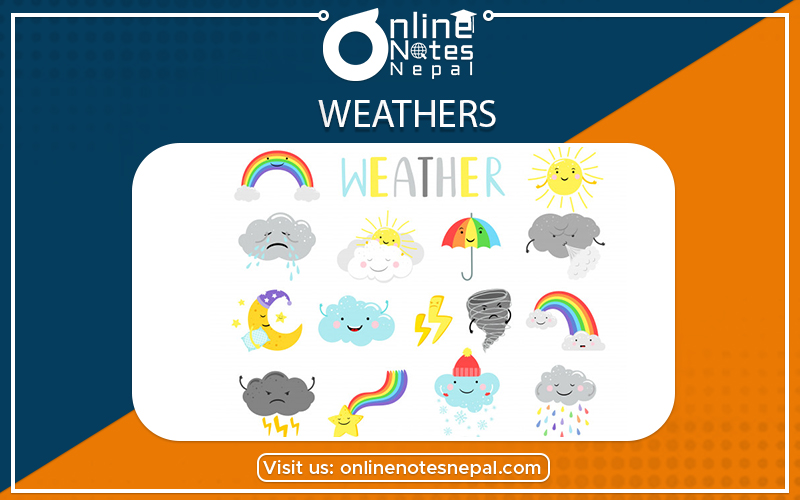Published by: Zaya
Published date: 06 Jul 2021

This is the weather the cuckoo likes,
And so do I;
When showers betumble the chestnut spikes,
And nestling fly:
And the little brown nightingale bills his best,
And they sit outside at 'The Traveller's Rest',
And maids come forth sprig-muslin dressed
And citizens dream of the south and west,
And so do I.
This is the weather the cuckoo shuns
And so do I;
When beeches drip in brown and duns,
And thresh and ply;
And hill-hid tides throb, throe, and throe,
And meadow rivulets overflow;
And drop on gate-bars hang in a row,
And rooks in families homewards go,
And so do I.
By: Thomas Hardy
The poem Weathers is written by Thomas Hardy (2 June 1840 – 11 January 1928) was an English novelist and poet. He was born in Dorsetshire, England. He trained as an architect and worked in London and Dorset for ten years. He was a trained architect. He began his writing career as a novelist in1870 and was soon successful enough to leave the field of architecture for writing. He wrote a lot about the weather, in his poetry and in his novels.
The poem "Weather" is a beautiful lyrical poem. He talks about the spring and the winter seasons in the UK. In the first stanza, he talks about the beauty and liveliness of the spring season. He says that in this season the rain flows quickly over the chestnut tree and the nightingale sings well. People come out to enjoy the weather and the birds song. The girls are seen in their fine clothes and the people plan to visit different places. In the second stanza, he talks about the dullness and laziness of the winter season and the cold, damp, and wet weather. He says that the cuckoo (bird) dislikes this weather and the beech (trees) turn dry and brown and move around in the wind. It rains a lot and rain or water drops hang from the wooden horizontal field gates. The birds (rooks) retire to their homes. He says he dislikes this season because the winter season is very cold and wet. We may say that symbolically the poem represents the bright and dark aspects of human life.